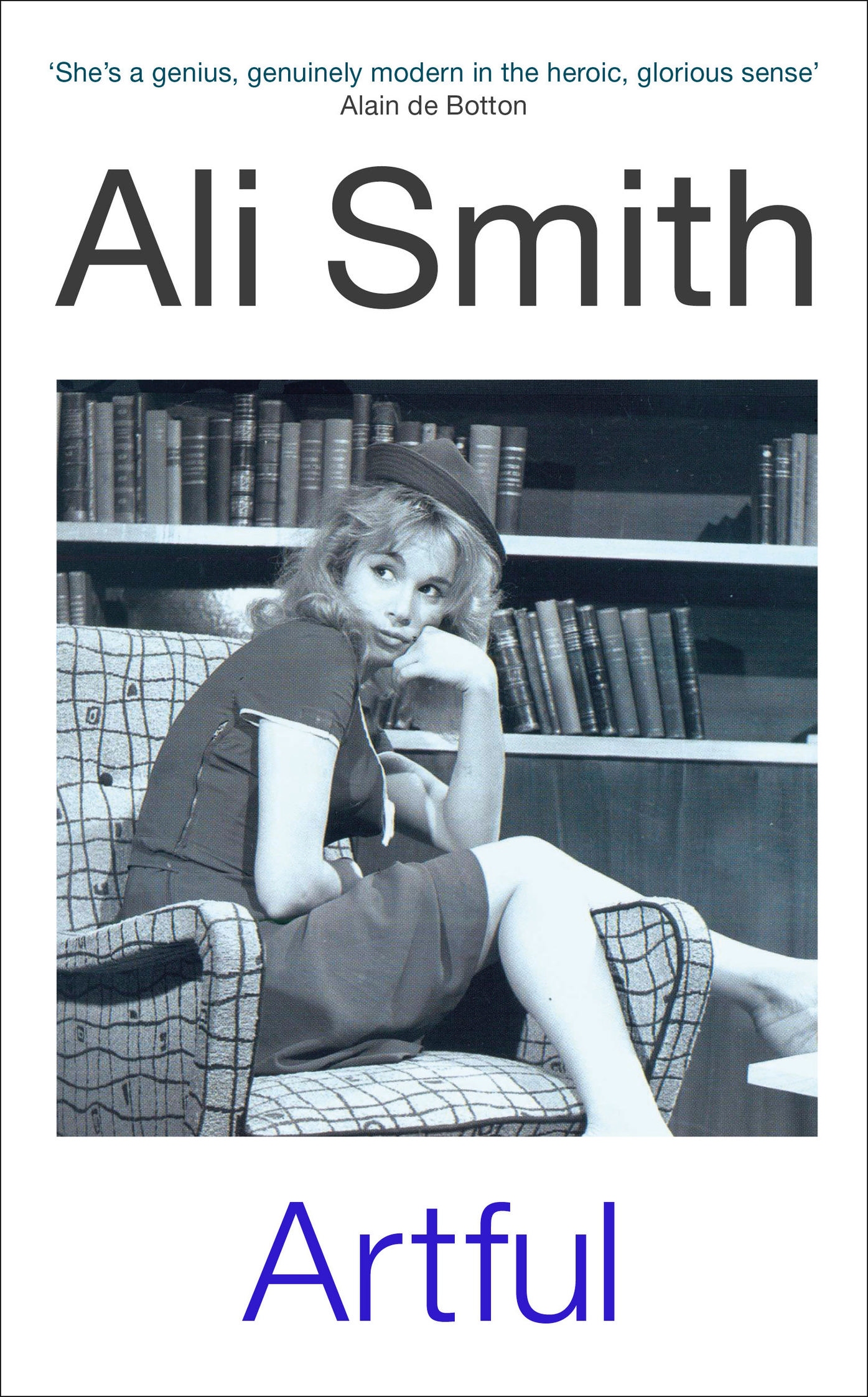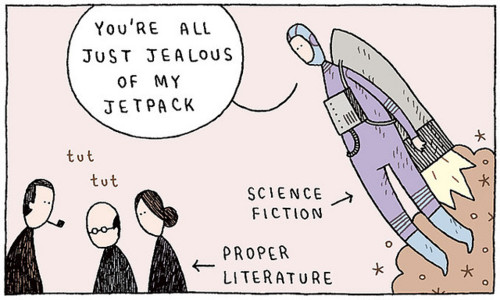I was interested to read this fictionalized version of Zelda Fitzgerald’s life as I
know so little about her. My only impressions about her from talking to friends
and reading about F Scott Fitzgerald’s life was that she spent some time in a
mental hospital, had her own literary ambitions and possibly derailed her
husband from producing as much work as he might have. These are the kind of brief
biographical details that we sometimes lazily cling onto to rather than taking
time to investigate the full complexity of the person and that we are prone to
believe because we are always handed a subjective view of history. As the
author notes in her afterward: “Where the Fitzgeralds are concerned, there is
so much material with so many differing views and biases that I often felt as
if I’d dropped into a raging argument between what I came to call Team Zelda
and Team Scott.” We can’t ever know what really happened in this long and
tumultuous relationship. However, what is clear is that Zelda was a passionate,
troubled and highly artistic individual. Z: A Novel of Zelda Fitzgerald sheds
light upon the inner life of this fascinating woman and the sexist attitudes of
the time which often stifled her own artistic endeavours.
The novel
takes us from the time Zelda is a teenager first meeting Scott through to the
disintegration of their marriage and the end of Scott’s life. At the start
Zelda comes across as quite an ordinary girl from a distinguished family who
goes to parties and flirts with young men. When someone asks Zelda “There’s
more to life than fellas, right?” Zelda replies: “‘Not really,’ I said. My
smile felt weak, but it was a start.” Her whirlwind romance with the charming
and ambitious Scott takes her to NYC and eventually Europe
where the pair lead lives filled with drink, parties and endless socializing. One
is suspicious of the simple elated excitement and wonder Zelda exhibits without
showing a trace of fear or uncertainty or sadness, but this throwing herself
headlong into the giddy rush of it all serves as a hidden warning for the
tricky times ahead.
When the
party wanes Zelda becomes a much more interesting character because of her own
greater appreciation for and engagement with the world. At one point she
observes, “For the first time, I had a glimmer of the immensity of the planet,
of lives being lived as routinely or as vividly as my own had been at any given
moment.” She also grows from someone who is complacent in the subjugation of
women: “I ended up with a black eye. I was of the mind that I deserved what I
got.” to someone who understands it’s necessary to stand up for herself as she
comments later in the novel “It was so much easier to be led, to be
pampered and powdered and petted for being an agreeable wife. Easier, I
thought, but boring. And not only boring, but plain wrong.” However, standing
up for herself and expressing her own voice is difficult given Scott’s own
misogynistic attitude toward Zelda and his attitudes about women in general.
The vision of liberated free-acting women portrayed in his novels turns out to
be a sham. Scott says at one
point “All of that flapper business was just to sell books.” This attitude most
likely partly stems from Scott’s own fears that Zelda’s artistic powers might
compete with his own. Unfortunately, this oppressive nature is reinforced
institutionally at the psychiatric clinics she enters into where she’s told to
write about the correct role of women in the household and by her own family
and many of their social circles. At Gertrude Stein’s literary salons the wives
(Zelda included) must sit apart drinking tea while Stein herself and the men
talk art. Also, the powerful and threatening figure of Hemmingway looms large
in the novel. Initially he is a kind of protégé of Scott, but then becomes a
well known author himself who drives a wedge between the couple by continuously
making Scott believe that Zelda is hobbling his artistic abilities and holding
him back. Meanwhile, Zelda suspects Hemmingway might be a “fairy” and have
designs on her husband that involve more than literary kinship. Generally in
this book Zelda’s viewpoint seems to be a trustworthy one. However, when it comes to her perspective on Hemmingway one wonders if her opinion isn’t skewed due to jealousy
and personal bias after a disturbing encounter where Hemmingway propositions
her. What is clear is that Hemmingway is a calculating social climber who works
too hard to prove his machismo. He is accustomed to using people especially for
his own sexual gratification and to advance his literary career.
When the
glitzy cloak of success starts fraying at the edges and the endless parties and
boozing take their inevitable toll Zelda and Scott’s relationship really starts
to feel the strain. Scott is shown to be someone convinced of his own literary
genius, but also harbours a tremendous amount of insecurity. Often he prefers
drinking, socializing and whoring over getting down to the tedious business
with pen and paper. As money troubles mount he even starts to let short stories
written by Zelda be published under his own name in order to receive greater
payments and to enhance his own literary standing. Zelda grudgingly accepts
this, but it adds to her increasing mental strain. Throughout much of the novel
it’s as if Zelda is viewing her life by looking through a cracked window making
wry comments about her relationship with Scott, artist-packed soirees and
stuttered attempts to make a career as a writer or painter or dancer. Towards
the end of the novel, her viewpoint becomes more fragmented as she mentally
breaks down from the ever towering strains of her physical problems,
misdiagnosed psychological problems, tumultuous relationship with Scott, lack
of recognition for her own achievements and the weariness which comes from
partying hard like a true woman of the Jazz age.
There have
been many other books which fictionalize the lives of writers to give insight
into their personality and the circumstances which went into creating their
body of work. Some of the most accomplished I’ve read are CK Stead’s novel
Mansfield, the Virginia Woolf portion of Cunningham’s The Hours and my
favourite of all Colm Toibin’s novels The Master (about the life of Henry
James). It’s difficult to resist peering through the window into what the lives
of these authors might have been like – a strange impulse given how writers
often lead reclusive and quiet (ie dull on the surface) lives. Of course, great writing speaks to our
souls and, while we might like to believe we’d have a spiritual kinship with
the author of such great thoughts, the actual person might turn out to be deeply
flawed and disappointing. After reading Fowler’s novel I can’t help but feel suspicious
about Scott Fitzgerald and Hemmingway knowing that their personalities probably
in some ways mirror their fictional versions. Not that I won’t still be able to
appreciate their work, but I’ll be more guarded when approaching it. What’s particularly
excellent about Z is that it establishes Zelda was an artist in her own right
(albeit, one who is little read now and usually only by fervent fans of her husband)
and a woman who is largely misunderstood (as is shown by my own vague prior
impressions of Zelda.) So this novel has given me much greater appreciation for
the complexity of her life and understanding of how lives of terrific excess
can fuel and finally extinguish the flames of creativity.
































